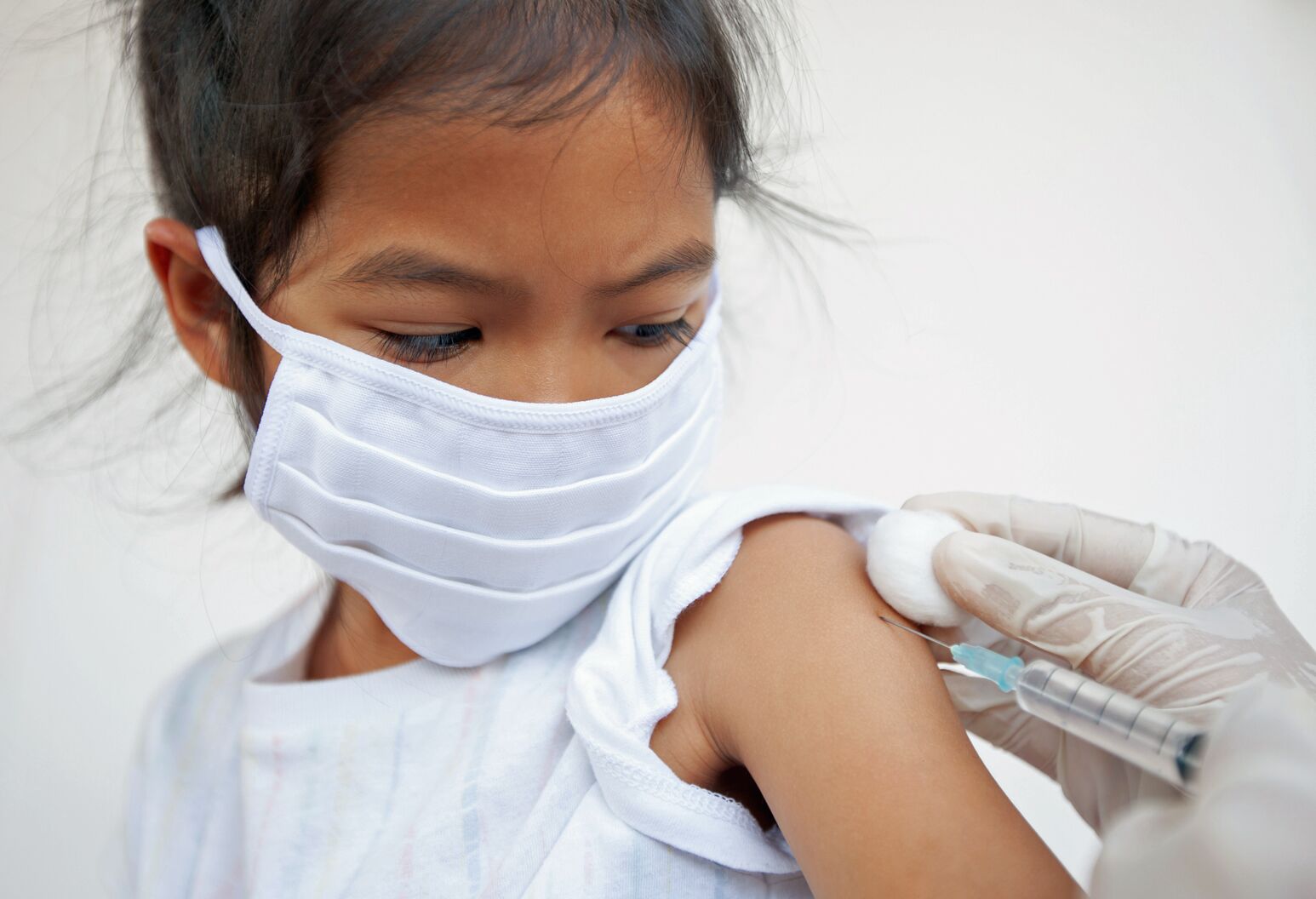Recent research has given rise to concerns within the medical community, leading some experts to ponder the implications of what they refer to colloquially as Vaccine-acquired Immune Deficiency Syndrome (VAIDS). While this term isn’t officially recognized as a medical condition, it has emerged in discussions surrounding the potential effects of COVID-19 vaccinations on the immune system.
Although the study in question does not employ the term VAIDS, it highlights a noteworthy observation. Researchers have identified “a general decrease in cytokine and chemokine responses” to various pathogens, including bacteria, fungi, and non-COVID viruses, in children after receiving COVID-19 vaccinations. The implications of this decrease in immune response are far-reaching.
The authors of the study, published in Frontiers in Immunology, emphasized the significance of their findings, stating, “Our findings suggest SARS-CoV-2 mRNA vaccination could alter the immune response to other pathogens, which cause both vaccine-preventable and non-vaccine-preventable diseases.” This revelation is particularly concerning for children, who are exposed to a multitude of microbes in daycare, school, and social settings, often encountering these microbes for the first time and receiving multiple vaccines as part of their routine childhood vaccination schedules.
Frontiers | BNT162b2 COVID-19 vaccination in children alters cytokine responses to heterologous pathogens and Toll-like receptor agonists https://t.co/rPJp2bc8kX
— Robert W Malone, MD (@RWMaloneMD) August 31, 2023
To arrive at these conclusions, researchers from the Murdoch Children’s Research Institute and Royal Children’s Hospital in Melbourne, Australia, conducted blood sampling from 29 children both before and after receiving two doses of the Pfizer mRNA vaccine. Post-vaccination blood samples exhibited lower cytokine responses to non-COVID pathogens compared to pre-vaccination samples. This diminished immune response was especially pronounced in the case of non-COVID viruses. Six months after vaccination, some children still displayed reduced responses to hepatitis B virus proteins and viral infection-mimicking proteins. However, cytokine responses had increased for bacterial exposures.
The study’s findings have raised concerns among experts. Professor Retsef Levi, specializing in risk management and health systems at the Massachusetts Institute of Technology (MIT), shared on social media, “This study adds to cumulative evidence suggesting adverse immune alteration by COVID-19 vaccination.” Family physician Dr. Syed Haider and immunologist and computational biologist Jessica Rose have both connected these findings to the concept of VAIDS.
The implications of this research warrant thorough consideration and further investigation, as they touch upon the delicate balance between COVID-19 vaccination efforts and the broader landscape of immune responses in children.

